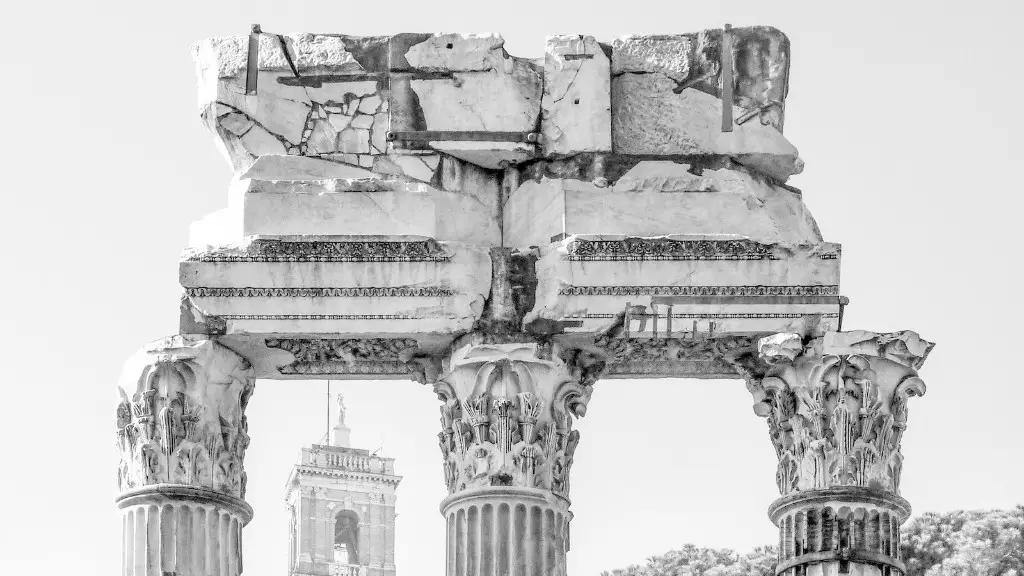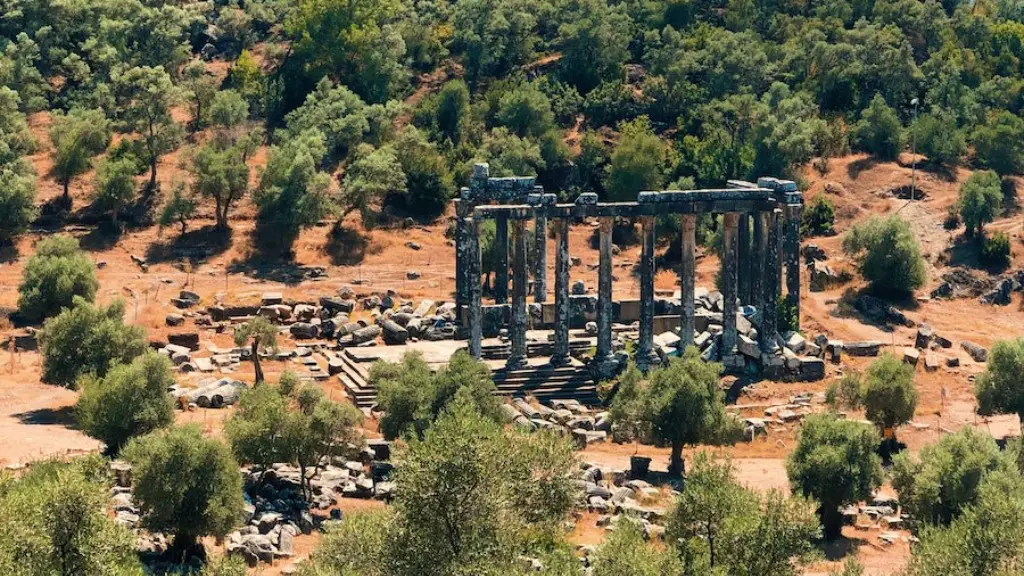For Lighting
Lighting was essential in the ancient Roman world, as activities occurred both during the day and at night. In Rome and many other cities, the streets worked as a major thoroughfare and needed to be well-lit-especially at night, when people needed to be able to traverse the roads appearing in the darkness.
The main source of lighting was the oil-filled lamp, known as the ‘lucerna’. Despite being made from many different materials and sometimes adorned with ornate designs, the basic premise was the same: a flask of oil placed within a reflector. The oil was made from a combination of different oils, with most lamps using a mixture of fish and nut oils.
The most costly lamps were fashioned out of bronze, silver, or gold, but the most common type of lamp was made from terracotta and cost much less. The more exquisite lamps were only available to the upper classes, but the middle and lower classes still had to rely on the light of their lucernae.
Medicinal Use
Oil was also used as a medicinal aid by the Romans. Different oils were thought to have different healing properties, and medical compounds made from oil were issued to Roman soldiers as part of their medical kit.
It is thought that the Romans used oil for a variety of purposes, including for treating injuries, treating muscle sprains, reducing inflammations and soothing aching muscles. In addition, oil was also used as an antiseptic against infections and as a remedy for skin complaints.
The type of oil used for medicinal purposes was usually olive oil, which was thought to have the best healing properties. Roman medical practitioners had access to information on the many different uses of oil, and they used it in much the same way we use it today.
Cosmetic Use
Oil was also used in Roman society for cosmetic purposes. Roman women made use of oils to soften, protect and nourish their skin; many of them used olive oil as their preferred type. Olive oil was known to have the best healing properties, and it was often augmented with other oils, such as almond, walnut and poppy oil.
These blends were used to nourish the skin, to lock in moisture, to soothe irritation and to protect the skin from the sun’s rays. Along with being used for their skin, these Roman women also used oil as part of their hair care, as well as for keeping their nails in good condition.
Religious Significance
Oil had a very important role in Roman religious ceremonies and customs. Oil was used to anoint holy places and divinely sanctioned sculptures. Oil often signified a state of purification, and it was typically used on a person before a religious ceremony to prepare them for the divine forces that they were going to invoke.
The anointing of sculptures or other holy places with oil meant that the gods were invited to join in the ceremony. This oil was usually of a particular type, such as olive oil to honor Jupiter, mustard oil to represent Mars, poppy oil to represent Venus, and so on.
In addition to its importance in the civic and religious sphere, oil was also a symbol of wealth, power and influence. The Romans believed that their oil was a connection not just to the gods but to their ancestors as well, with oil being an apt metaphor for the continuity of generations.
Economic Significance
Given its various uses, it is no surprise that oil was a highly prized commodity in the ancient world. It was a symbol of wealth and power; within Roman society, those who had access to oil had great influence and could demand a high price. Oil was not only valuable, but it was also an essential part of life, so it was often heavily taxed or even rationed in certain periods.
The importance of oil to the Roman economy was so great that the trade of oil was heavily regulated. To ensure a steady supply of oil, the Romans had to establish relationships with oil producers in various parts of the empire. They also had to ensure that prices were kept at a reasonable level in order to ensure that people were not unable to access oil due to its cost.
Environmental Impact
The use of oil had an impact on the environment in the ancient Roman world too. Despite advancements in technology and knowledge, the Romans were still unaware of the ecological impact of the burning of oil for fuel.
It is thought that the amount of smoke released by the burning of oil-fueled lamps could have been significant, especially during the winter months, especially in cities that were heavily populated and had a large number of lamps. This could have had a negative impact on air quality, leading to an increase in respiratory problems.
It is also thought that the Romans had a lack of knowledge or concern about the environmental impact of the burning of oil when it came to refining the oil itself. They did not have a clear understanding of the impact on the environment of the burning of oil, and they had no real way of controlling the level of pollution they were putting into the air.
Social Standing
Oil had a great symbolic power in the Roman world too. Oil was a status symbol and was used as an indicator of social standing. Those who had access to oil were seen as having wealth and influence, and it was an important part of life in the social circles of the Roman Empire.
Oil was used in public ceremonies and displays of wealth, and it was an important part of the Roman diet too. Oil was seen as a type of currency and was used by the rich and powerful to show off their affluence and impress the public.
In addition, the trade of oil was an important part of Roman life. It was a sought-after commodity and traders who could control the supply of oil had great control over prices and could also have a great influence on the Roman economy and society.
Conclusion of Ancient Rome Use of Oil
It is clear that oil had a great influence on the ancient Roman world. It was an important part of life for the Romans, and its importance was reflected in the fact that it was used for religious ceremonies, for medicinal purposes, and as a symbol of wealth and social status.
Oil was also an important part of the Roman economy, and it was heavily taxed and traded. Finally, it is also clear that the burning of oil had a significant environmental impact, though the Romans were unaware of this at the time.


